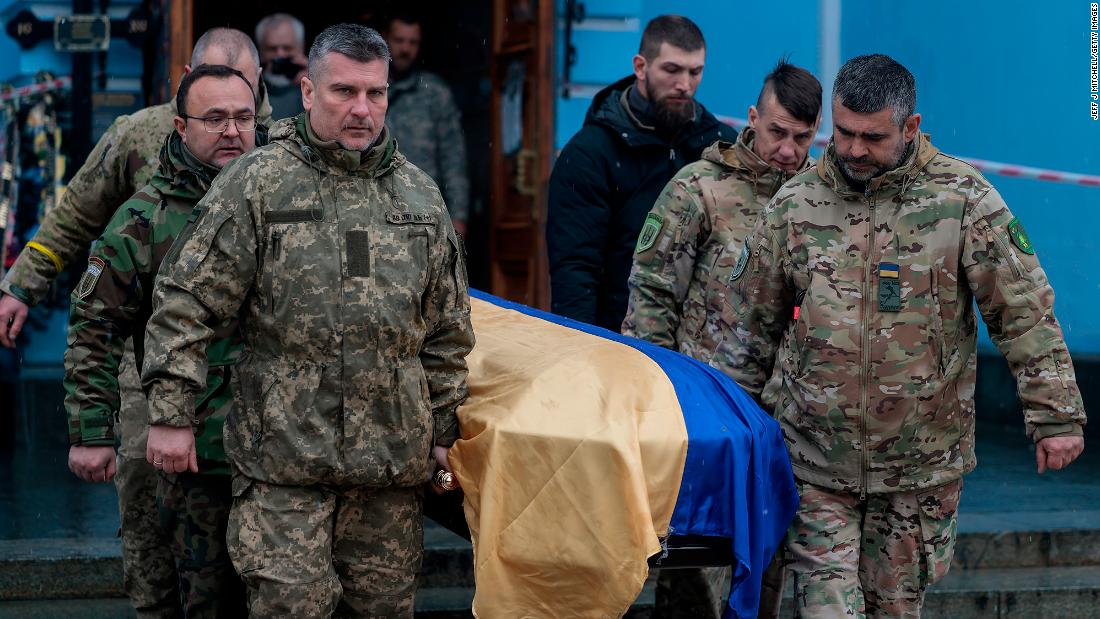
The best day of Eric’s life came just days before the worst.
After years of waiting, dozens of tests and a two-week stay on a psychiatric ward, Eric was finally getting his first testosterone shot. Eric is a 23-year-old transgender man from Ukraine. Assigned female at birth, he says starting hormone therapy was a major step in his quest to become his true self.
“It was utter happiness. I was euphoric, it was the moment that I’ve been waiting for for so long,” Eric, who asked for his last name to not be used because he is concerned for his safety, told CNN in Chisinau, Moldova, in July.
But just days after Eric had what should have been the first in a series of testosterone injections administered at a clinic in Kyiv, Russia invaded Ukraine. Everything changed.
“The clinic had closed because of the danger of airstrikes. I had the testosterone, but no way of getting [it administered]. I didn’t have the needles and there were huge shortages of everything in pharmacies, even the most basic stuff, because obviously, during the war, there’s a big need for things like syringes,” Eric said.
Russia’s brutal assault on Ukraine has upended the lives of millions of Ukrainians. But for Eric and many other trans people, the war has also made it much more difficult to be who they are.
Many lost access to vital medication and psychological help. Some were completely cut off from their communities and forced into spaces where LGBTQ people were not welcome, according to the Commissioner for Human Rights at the Council of Europe.
Bureaucratic problems, such as having personal documents issued under a different gender, can put them at extra risk.
The Ukrainian transgender rights group Cohort says it has helped more than 1,500 people since the start of the war, assisting them to move to safer areas and helping them pay their bills. The NGO also works with shelters to make sure they have the basic supplies they need.
But the number one request Cohort has been receiving in recent months is for help getting hormone therapy, or HRT, according to Anastasiia Yeva Domani, Cohort’s co-founder and executive director.
HRT can be used by trans women, trans men and non-binary people to make their physical appearance more aligned with their gender identity. The drugs alter the body’s testosterone or estrogen hormone levels and trigger physical changes that normally occur during puberty.
Read more here.
Note:- (Not all news on the site expresses the point of view of the site, but we transmit this news automatically and translate it through programmatic technology on the site and not from a human editor. The content is auto-generated from a syndicated feed.))



